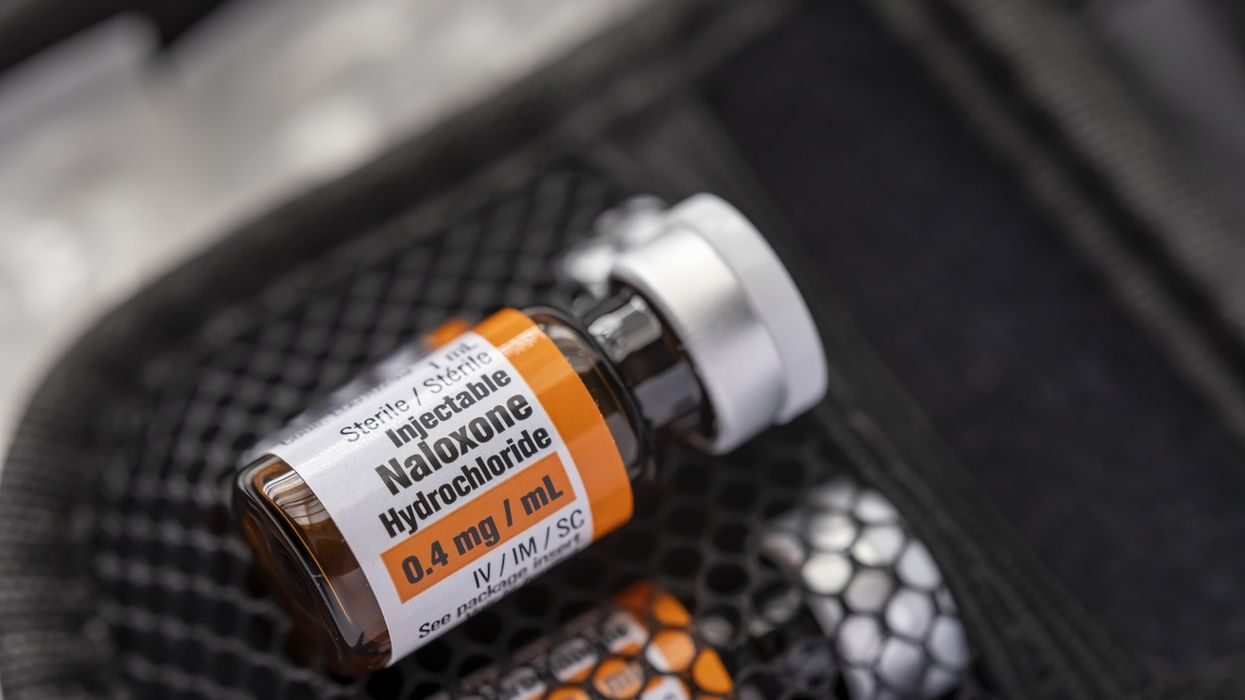DHSC also publishes a new 10-year strategic plan to expand and improve the drug and alcohol workforce
The UK government has announced plans to update legislation to enable more services and individuals to provide take-home supplies of naloxone – a life-saving opioid overdose antidote - over the next few weeks.
Naloxone can immediately reverse the effects of an opioid overdose by reversing breathing difficulties. The medicine can be administered by anyone in an emergency. However, current legislation allows only drug and alcohol treatment services to supply it without a prescription to individuals for future use.
The Department of Health and Social Care (DHSC) confirmed on Tuesday (14 May) that more professionals, including nurses, paramedics, police officers, probation officers and pharmacy professionals, will be able to supply the medicine without a prescription to save lives.
Health and Social Care Secretary Victoria Atkins warned that opioid addiction can ruin lives and it accounts for the largest proportion of drug-related deaths across the UK.
“We are working hard to reduce those numbers by expanding access to naloxone to save the lives of the most vulnerable,” she said.
The UK government is aiming to prevent nearly 1,000 drug-related deaths in England by the end of 2025.
The decision to widen access to take-home naloxone follows two government consultations conducted in 2021 and 2024, respectively.
“As a result of the overwhelming support, we are proceeding with the proposed legislative changes during spring 2024,” the government said in its response to the latest consultation, also published on Tuesday.
Additionally, the government has released a new 10-year strategic plan to expand and improve the drug and alcohol treatment and recovery workforce.
Key milestones outlined included recruiting more new and experienced professionals into the sector and developing better training for roles that are presently unregulated, such as drug and alcohol workers.
Developed by the Office for Health Improvement and Disparities (OHID) and NHS England, the new workforce plan builds on the progress of the government’s previous 10-year strategy to combat illicit drug use and reduce drug deaths.
As part of the strategy, an additional £532 million is being invested between 2022 and 2025 to improve the capacity and quality of drug and alcohol treatment. More than 3,900 additional staff have been recruited thus far through this funding.
The Health Secretary noted that the 10-year workforce plan will expand and boost the training of the next generation of drug and alcohol workers to improve services and support people to get their lives back on track.













